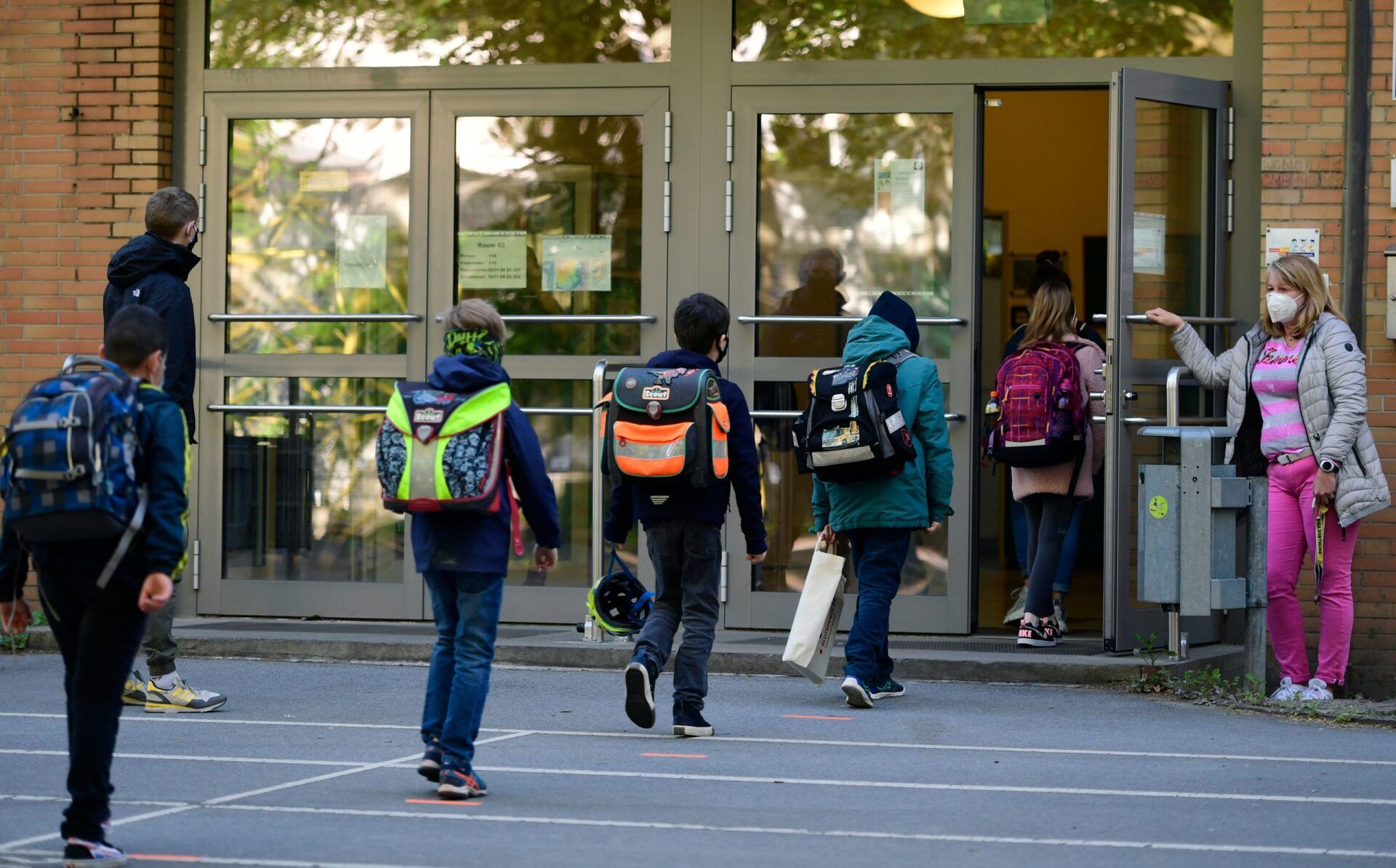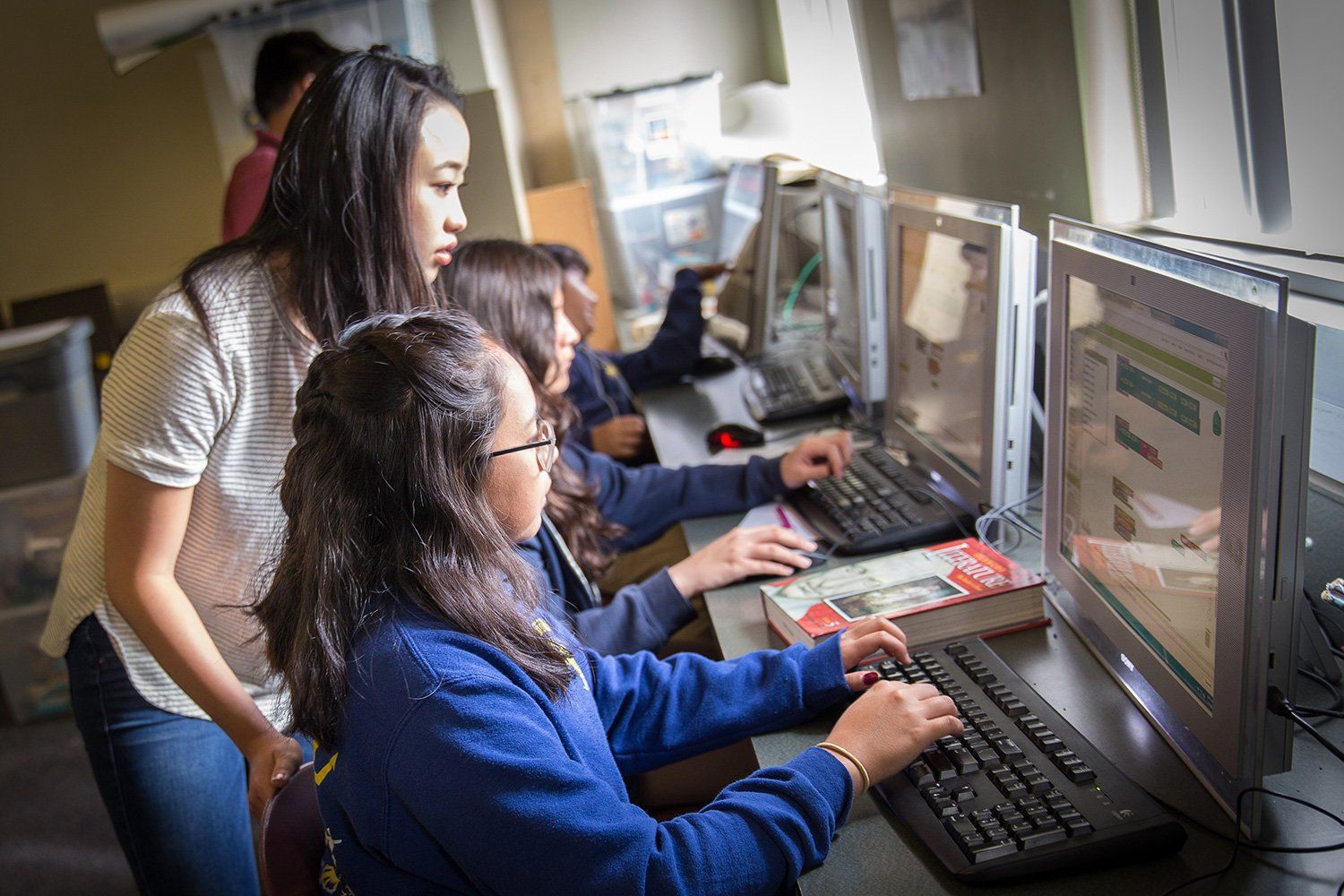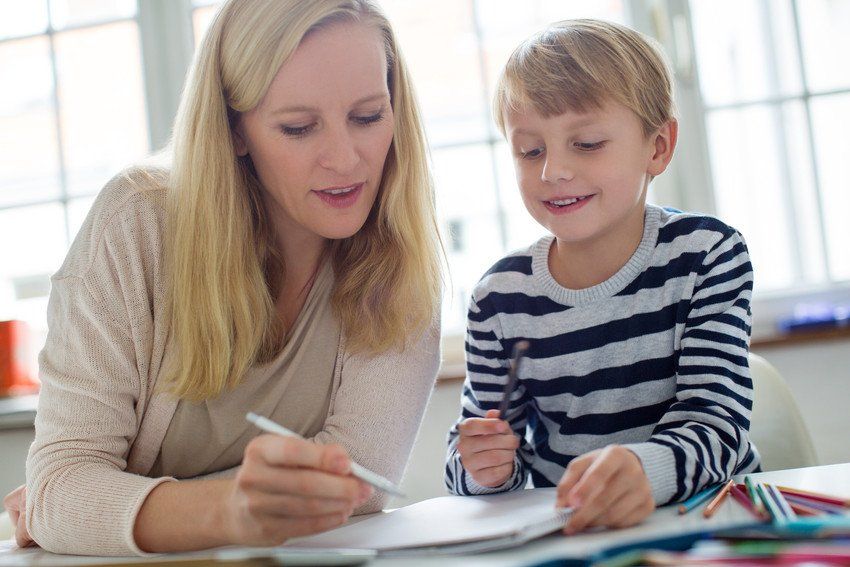The Exam System - Is the Current Way the Right Way?
New Research Shines an Interesting Light on the Subject
We in in the UK are of two minds when it comes to the education system – we believe it is time for it to be modernised but are concerned about the impact such changes will have on students.
71% of students in years 10 – 13 think the current exam system is outdated and needs to be overhauled, but afraid of the negative impacts, 63% do not want to be made a “guinea pig” for alternative approaches, according to new research from My Online Schooling.
69% of parents agree with the students, saying that the exam system needs to be “modernised”; obviously, this is an issue that has happened two years in a row due to schools and exam boards sticking to what many are referring to as an outdated system that measures students’ memories as opposed to their actual skills.
Interestingly, 78% of their parents agree it was the right decision to cancel all GCSE and A-Level exams, however 85% are worried about the impact it will have on students and their future chances and opportunities in the job market. These concerns are largely with employers possibly viewing the new teacher assessed grades as less valid than previous examination results.
Perhaps, in the future, a more continuous assessment approach is required. This requires greater chance to improve learning through their schooling experience and possibly higher motivation for students as they will need to work harder throughout the course, rather than just cramming all their revision into one month before the exams. While this may be conducive to a more productive and valid approach, one thing to consider could be the extra stress it would put on students and could affect their wellbeing in ways that traditional exams could not.
What do you think? Let us know in the comments below!
















